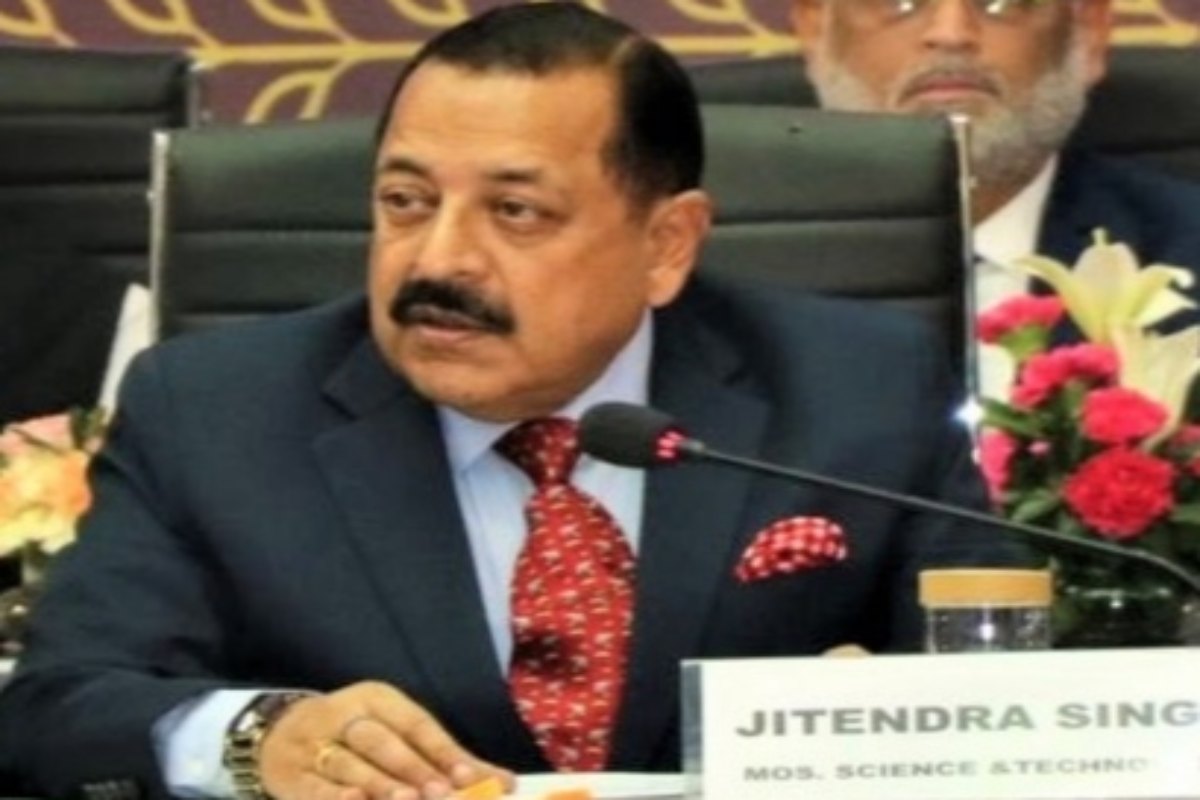Union Minister Jitendra Singh on Sunday laid out the government’s bold and strategic vision for India’s science and technology sectors and said that the Modi government’s “science push” is aimed at realising “Viksit Bharat”.
From launching a Rs 1,000 crore venture capital fund to support space startups to introducing the Bio E3 policy aimed at creating a bioeconomy, the Modi government’s major initiatives in the first 100 days of its third term signify its commitment to advancing India’s role on the global innovation stage, he said at a media interaction.
Advertisement
Mr Singh highlighted that these initiatives not only bolster India’s scientific prowess but also contribute to a sustainable, self-reliant economy that can withstand global shifts in industry and resources.
Dr. Jitendra Singh emphasised the rapid pace at which India has embraced major reforms in science and technology. “In the first 100 days of Prime Minister Modi’s third term, we have laid the groundwork for transformative changes in science, technology, and innovation,” he said.
He pointed out that the Prime Minister’s vision prioritises long-term, out-of-the-box initiatives to ensure India’s leadership in critical domains like space exploration, biotechnology, and meteorology.
One of the major highlights of Dr. Jitendra Singh’s interaction was the announcement of a Rs 1,000 crore venture capital fund exclusively for the space sector. This fund, approved by the Cabinet, is part of a broader plan to leverage India’s growing base of nearly 300 space startups. In the span of just a few years, India has seen a remarkable shift in its space ecosystem, following the government’s decision to open the sector to private players.
According to Dr. Jitendra Singh, this decision has helped unlock India’s potential, allowing it to grow from a single-digit startup presence to an ecosystem with hundreds of space tech companies today.
“India’s space economy will play a critical role in our country’s growth,” Dr. Jitendra Singh noted, referencing the global recognition India has garnered from achievements like the Chandrayaan-3 mission. He further highlighted the Gaganyaan mission, India’s first human-crewed space mission, which includes a female robot test flight as a final dress rehearsal before sending human astronauts into space. “Our advancements are not just about joining the ranks of other spacefaring nations, but also about leading with innovation, precision, and reliability,” he added.











